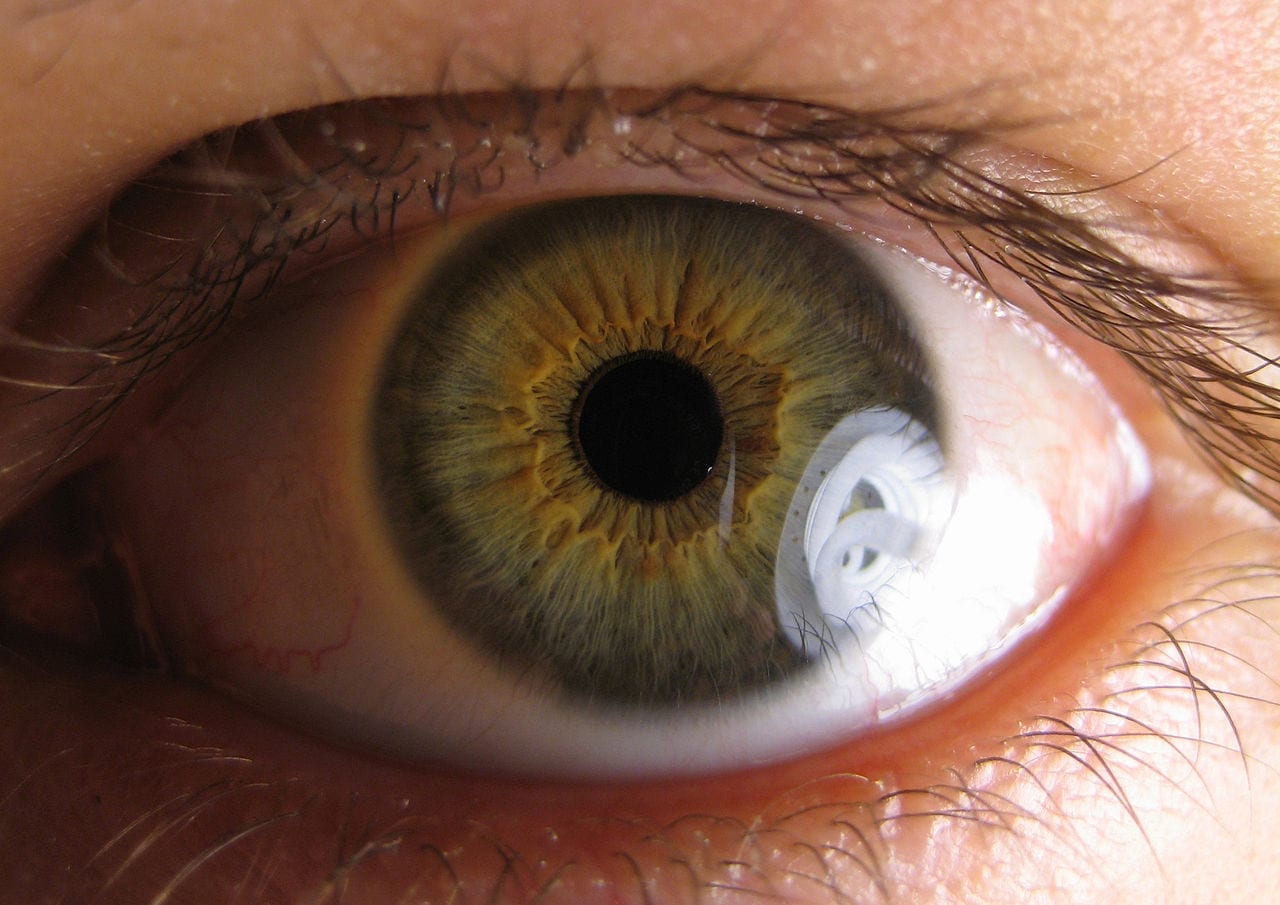Inhaling cannabis is an effective way to raise THC-plasma levels in the blood, which has shown to reduce pressure in the eye, a leading cause of ocular hypertension and glaucoma.
A new U.S. study is the first to assess the correlation between THC-plasma levels and interocular pressure, analyzing the results of a recent double-blind clinical trial showing up to a 16-per-cent symptom reduction.
Despite this promising therapeutic effect, which has been noted in previous research, the clinical adoption of THC for high interocular pressure has been limited.
There are several reasons for this, researchers say, including that topical formulations have poor uptake in the eye, as well as the psychotropic and cardiovascular side effects of ingestion. The scientists note that direct applications to the eye is an area of active research, and some methods have shown promise.
The current study was also limited in a number of ways, as it was carried out in healthy individuals. Defining cannabis’s role in glaucoma treatment requires more research on different patient populations.
Eye pressure measurements were taken via a non-contact method to acquire data in contact-lens wearers, and researchers say future studies would use more consistently accurate methods.
For the study, scientists at the University of California’s Center for Medicinal Cannabis Research recruited a total of three hundred “healthy” participants age 21–55 who consumed pot four or more times in the last month. For the interocular component, 11 subjects were selected.
They were tested to see that they had not consumed cannabis that day, and then split into a high-dose and low-dose group. But the data showed no significant difference between the two.

The research showed a peak efficiency for reducing eye pressure at moderate THC levels. Chart via ‘The Relationship Between Plasma Tetrahydrocannabinol Levels and Intraocular Pressure in Healthy Adult Subjects’
Average peak THC-plasma level was 45 nanograms per millilitre, which occured 12 minutes after smoking. Then, levels rapidly declined, reaching less than 10 nanograms per millilitre by 55 minutes after smoking.
Following inhalation, interocular pressure fell by 7–16 per cent, with the greatest reduction seen at 60 minutes.
The therapeutic effect peaked at around 20 nanograms per millilitre, with a steep drop in pressure reduction at lower levels and diminishing returns at higher levels.
The specific mechanisms by which cannabis lowers interocular pressure are the subject of active investigation, the researchers say.
“It is known that there are cannabinoid receptors located throughout the eye,” reads the study. In various parts of the eye, THC could help by improving blood flow.
Some cannabis pharmaceutical companies have produced preclinical results suggesting other cannabinoids, like cannabinol (CBN), can also relieve interocular pressure.
Glaucoma is one of the leading causes of blindness in people over 60. It’s caused by damage to the optic nerve, which often results from too much pressure in the eye.
Read more: Preclinical results for InMed’s CBN glaucoma treatment show promise
nick@mugglehead.com














